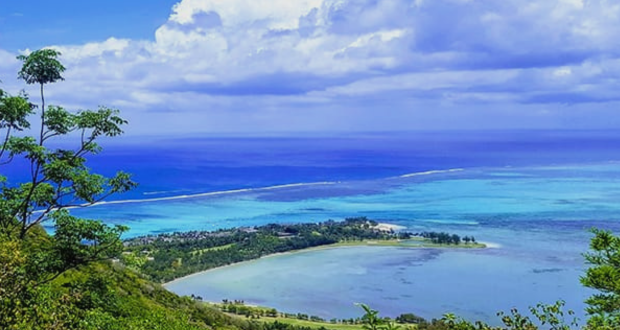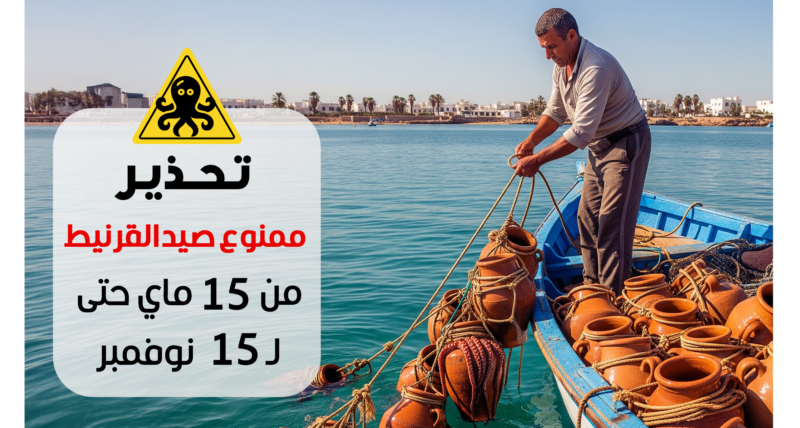In recent years, Cà Mau province has adopted sustainable development strategies for aquaculture. These strategies are adapted to climate change, improve the productivity and quality of aquatic products through the application of advanced technologies in farming, and adhere to international standards to boost exports.
National rice exports in 2024 could hit a new record
Agricultural and aquatic products from Cà Mau sought by major distributors
Shrimp exports reach 3.1 billion USD in ten months
According to the Aquaculture Sub-Department of Cà Mau province, the total area for aquaculture is estimated at 303,264 hectares, with 278,615 hectares dedicated to shrimp farming. Cà Mau has thus become the province with the largest area devoted to shrimp farming in Vietnam. In 2024, the province aims to maintain this area while diversifying sustainable farming models, incorporating advanced technologies to achieve international certifications.
Currently, Cà Mau has 38 companies operating 41 aquatic product processing and export factories, equipped with modern machinery and advanced technologies. With a total nominal capacity of 250,000 tons of raw shrimp per year, most factories meet international standards such as SA-8000, ISO 26000, ISO-9001, BRC, and B.A.P. Each year, the province produces over 370,000 tons of aquatic products, a figure that reached 425,000 tons in 2023. The main farming areas are located in the districts of Dâm Doi, Cai Nuoc, Phu Tân, Thoi Binh, Nam Can, Ngoc Hiên, U Minh, and Trân Van Thoi.
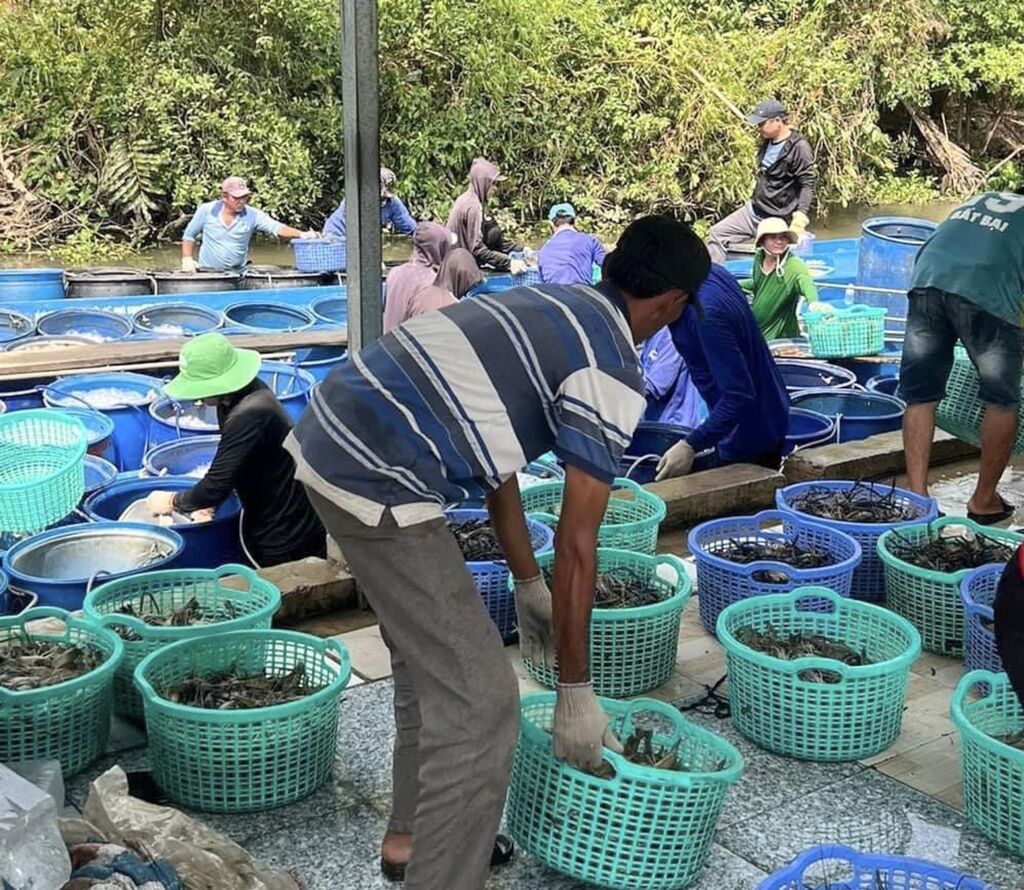
Rice-Shrimp Farming Models
In October 2022, the independent international certification organization in agricultural product management and supervision (Control Union) awarded ASC certification to 565 hectares of black tiger shrimp farmed on rice fields in Tri Luc commune, Thoi Binh district. This achievement marks the culmination of four years of implementing this farming model.
According to Châu Công Bang, Deputy Director of the Provincial Department of Agriculture and Rural Development, the ASC certification confirms that the agricultural and aquatic products are cultivated responsibly, minimizing negative impacts on the environment, ecosystems, and communities, while ensuring good working conditions. Control Union is recognized for its fairness and objectivity in biological evaluations and certifications.
With this first global ASC certification, the black tiger shrimp from Cà Mau can access the most demanding international markets, increasing their value and providing sustainable income for farmers. Tri Luc commune, with 2,900 hectares of aquaculture, including 700 hectares dedicated to organic rice and shrimp production, also stands out for its fragrant rice varieties ST24 and ST25.
Tri Phai commune, located in Thoi Binh district, also has strong potential to develop the rice-shrimp model. The district is implementing several clean rice and organic shrimp farming models to enhance product value and increase farmer incomes. In collaboration with local businesses, the district facilitates the creation of value chains for rice and shrimp.
For example, the Minh Phu group, in partnership with the Tri Phai People’s Committee and local cooperatives, has established a certified zone for responsible aquaculture farming (ASC Group).
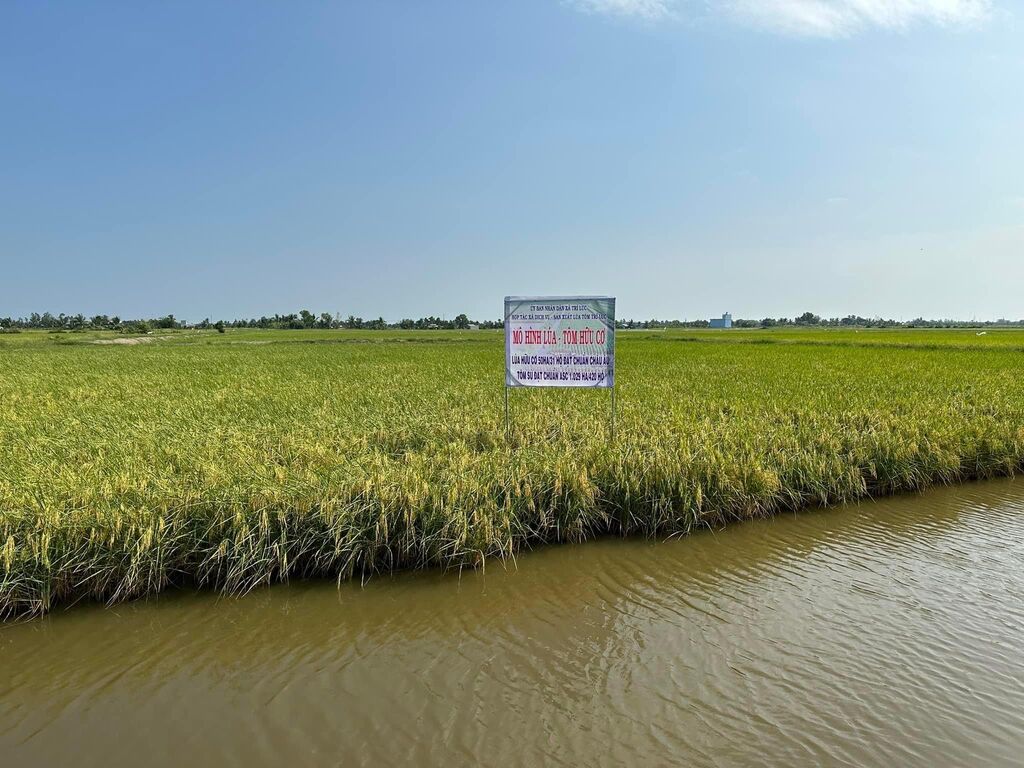
A Certified Rice-Shrimp Farming Zone in Tri Luc Commune, Thoi Binh District
On November 12, during a summary conference on the rice-shrimp farming model in Thoi Binh district, the Aquaculture Management Council awarded ASC certification to 392 households in Tri Phai commune, covering an area of 972.4 hectares. This certification addresses the issue of unsustainable farming, minimizes environmental impacts, and ensures social benefits. It also contributes to transforming production practices for farmers and businesses toward sustainable, environmentally friendly, socially responsible farming, ensuring animal welfare and food safety.
According to Châu Công Bang, in response to climate change, the authorities in Cà Mau continue to develop sustainable rice-shrimp farming models. The goal is for over 40,000 hectares to be certified to international standards, including ASC Group certification and other organic certifications, by 2030.
Large Investments for Sustainable Aquaculture
In 2024, to develop sustainable aquaculture between 2026 and 2029, Cà Mau province will invest in a project covering 100 hectares across the districts of Cai Nuoc, Dâm Doi, Phu Tân, and Ngoc Hiên.
The total cost of the project is 536 billion dongs (approximately 23.1 million USD), which includes an official development assistance (ODA) loan from the World Bank amounting to 390.2 billion dongs (16.8 million USD). The Vietnamese government will invest over 273 billion dongs, while the province will borrow 117 billion dongs.
The project will invest in the development of aquaculture product processing infrastructure. Specifically, it will focus on the construction and modernization of the Rach Gôc fishing port in Ngoc Hiên district, including extending the pier, dredging the harbor, building a covered classification house, and equipping two vessels and two canoes for managing seafood operations. The province will emphasize infrastructure development, creating a foundation for establishing biosafety shrimp farming zones and sustainably developing aquaculture in Dâm Doi, Cai Nuoc, and Phu Tân districts. Additionally, the project will help improve management capacity and add value to aquatic products.
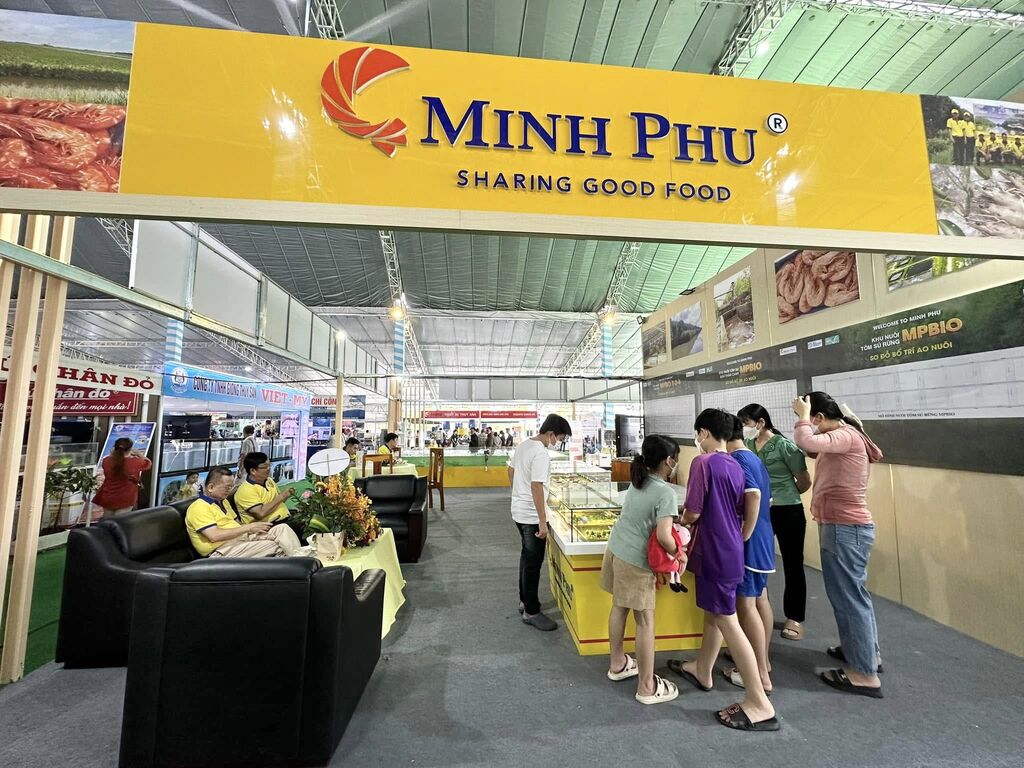
Minh Phu Group’s Collaboration with Local Farmers on Organic Shrimp Farming Programs
Minh Phu Group, one of Vietnam’s largest shrimp exporters, collaborates with local farmers to implement organic shrimp farming programs. According to Lâm Van Bi, Vice President of the Cà Mau Provincial People’s Committee, the project aims to achieve the goal of developing a sustainable fishing industry, deeply integrated into the global market. This development focuses on adapting to climate change and protecting the environment through infrastructure construction and modernization, technological innovation, strengthening management capabilities, and organizing production. The project was proposed by the provinces, the Ministry of Agriculture and Rural Development, and funding bodies.
The project has clear objectives: investing in anti-pollution dikes combined with rural roads, supporting the application of improved production techniques, controlling diseases, and enhancing environmental sustainability for climate change adaptation. It also focuses on strengthening the value chain links in production organization and creating advanced brands to improve productivity in three aquaculture zones in the communes of Tân Duc, Ta An Khuong Dông, Dâm Doi, Dông Thoi, and Phu Tân.
Furthermore, the investment aims to modernize infrastructure to meet the needs of fishing vessel docking, implement environmental protection measures at the Rach Gôc fishing port, and invest in vehicles and equipment for the prevention and control of illegal, unreported, and unregulated (IUU) fishing. It will also support the management and development of marine protected areas and the protection of aquatic resources in Cà Mau province.
A Key Sector for Cà Mau
According to Trân Công Khanh, Deputy Director of the Provincial Department of Planning and Investment, Cà Mau, the southernmost province of Vietnam, is influenced by a double tide regime, which has allowed Cà Mau to develop considerable aquaculture potential, particularly for its vast aquaculture areas.
The province considers the fishing economy a key sector, with constant efforts to promote its local advantages. However, due to limited resources, the economic development of the fishing industry has not yet fully matched its potential. The sustainable fishing development project in Cà Mau is crucial to addressing technical challenges in the exploitation, cultivation, and processing of aquatic products.
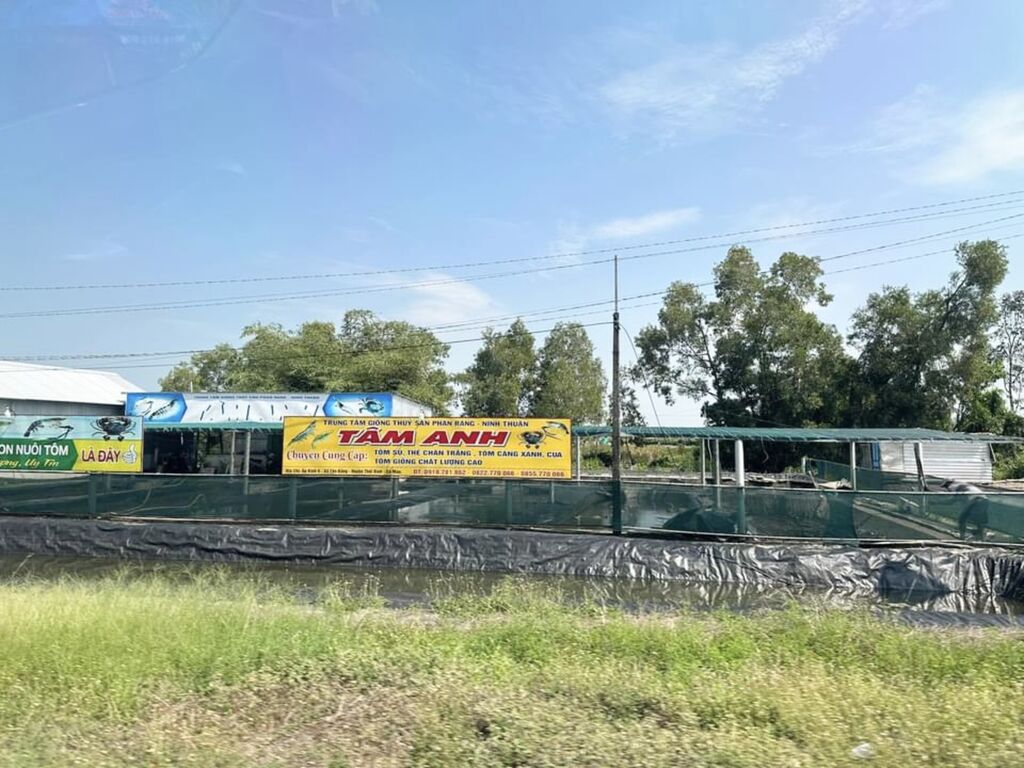
Aquatic Industry: A Key Economic Sector for Cà Mau Province
The aquaculture industry is regarded as a leading economic sector in Cà Mau Province. The implementation of the sustainable fishing development project will bring significant economic, social, and environmental benefits. It will contribute to job creation, improve the income and living conditions of thousands of workers in the sector and related industries. The project will also enhance the value of aquatic products, promote international integration, and help the province adapt to climate change.
The sustainable fishing development project in Cà Mau aligns with Vietnam’s strategy for 2030 and its vision for 2045, as well as the objectives of the World Bank’s Country Partnership Strategy (CPS). It will help meet the Vietnamese government’s goals for the development of the fishing industry, focusing on industrialization, increasing added value, improving efficiency, and promoting both national and international integration.
Source: lecourrier



